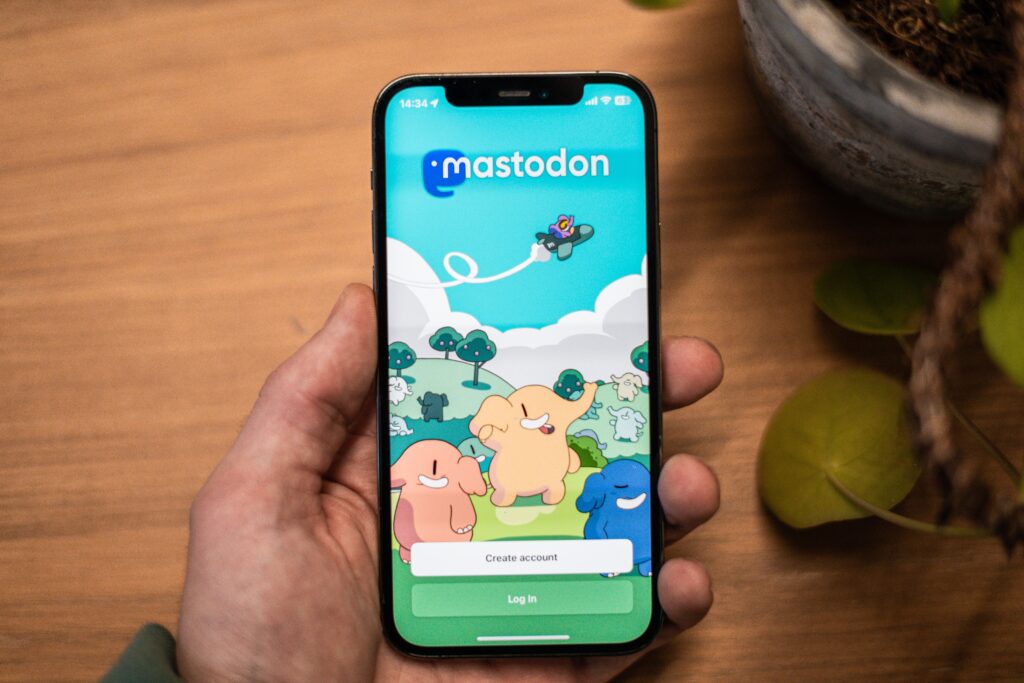
Privacy has become a prominent concern for social media users recently. Understanding how platforms collect and use your data is crucial to maintaining your online privacy. We will examine several platforms’ privacy policies, specifically focusing on Threads, Bluesky, Mastodon, Spill, Hive Social, and Twitter.
Threads
Threads collects a significant amount of data linked to you. This includes Purchase History, Financial Information, Location (Precise and Coarse), Contact Info (Physical Address, Email Address, Name, Phone Number, Other User Contact Info), Search History, Browsing History, Identifiers (User ID, Device ID), Usage Data, Diagnostics, and Other Data. This is used for various purposes such as Third-Party Advertising, Developers Advertising or Marketing, Analytics, Product Personalization, App Functionality, and Other Purposes.
Bluesky
Bluesky, an app developed by Twitter’s founder Jack Dorsey, collects less personal data than Threads or Twitter. It primarily collects data for app functionality, including remembering your email and user ID, or accessing photos and videos on your device.
Mastodon
Mastodon is another social media app that values user privacy. In contrast to many other platforms, the Mastodon app for iOS does not collect any data from your device. However, for Android owners, the app may share your name and email address with other companies.
Spill
Spill, a Black-owned social media app, also gathers some sensitive information but does not collect as much data as Threads. Its data collection covers Location (Coarse Location), Contact Info (Email Address, Name, Phone Number), User Content (Emails or Text Messages, Photos or Videos, Audio Data), and Sensitive Info.
Hive Social
Hive Social, a smaller platform popular with gamers, collects information about you for functionality and analytics, but it’s not connected specifically to you. The data includes Contact Info (Email Address, Name, Phone Number), User Content (Photos or Videos, Customer Support, Other User Content), Identifiers (User ID), Usage Data, and Diagnostics.
In comparison, Twitter collects data linked to you and uses it to track your actions. This includes your purchase history, browsing history, and precise location. However, it does not list “sensitive information” as one of the disclosed categories of data collection.
Understanding how different platforms handle your data is a crucial part of maintaining online privacy. While Twitter and Threads collect extensive data, alternatives such as Bluesky, Mastodon, Spill, and Hive Social offer more privacy-focused policies. Users should always check and understand the privacy policies and data collection practices of the platforms they use to ensure their personal information is handled appropriately.
Here are some practical steps users can take to protect their data:
- Limit App Permissions: Limit what information an app can access on your phone. Be wary of apps that require unnecessary permissions.
- Use VPNs: Virtual Private Networks (VPNs) can encrypt your data and make your online activities less traceable.
- Update Your Devices: Regularly update your devices and apps to the latest versions. Updates often include important security patches.
- Use Strong, Unique Passwords: Using a combination of letters, numbers, and symbols can help protect your accounts. Also, avoid using the same password across multiple platforms.
- Enable Two-Factor Authentication: Two-Factor Authentication (2FA) adds an additional layer of security to your accounts by requiring two types of identification.
- Be Mindful of Sharing Personal Information: Be cautious about what personal information you share online. Once it’s out there, it’s nearly impossible to take back.
Despite the worrying trends in data collection by companies like Meta, users are not completely powerless. By being proactive in managing and protecting personal data, you can navigate the digital world with a greater sense of control and security. If one thing is clear, it’s that user privacy should never be an afterthought in our increasingly interconnected world.
